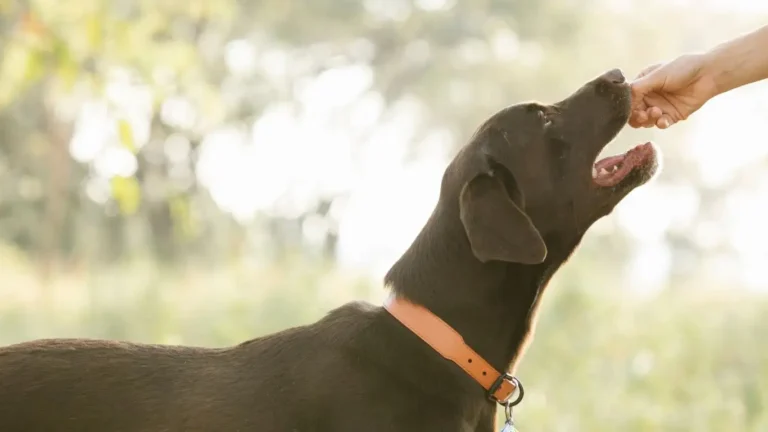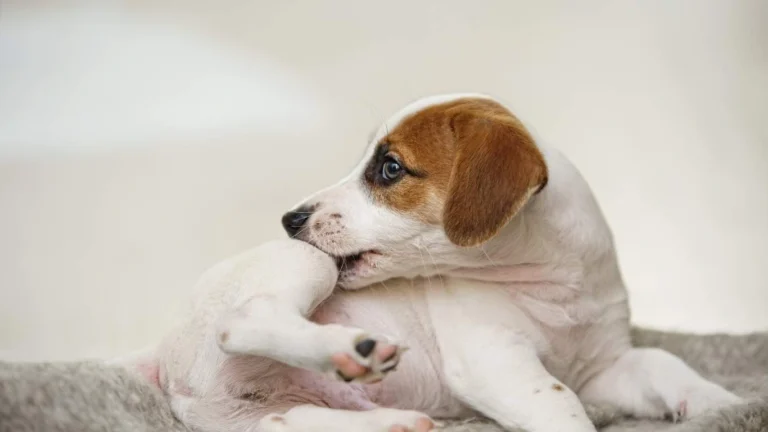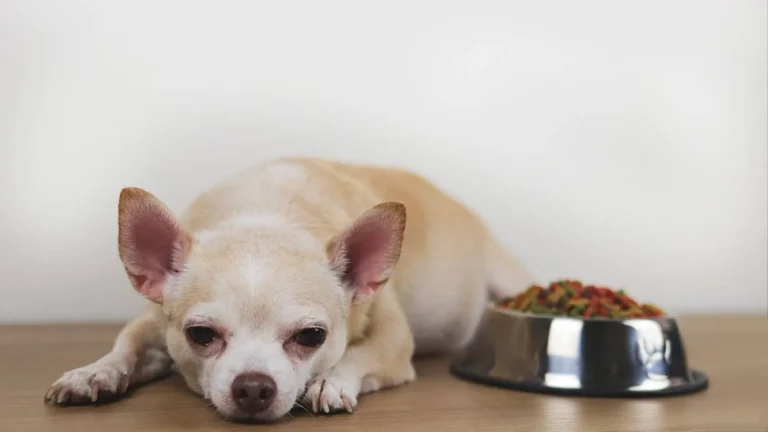Why Is My Dog Vomiting Yellow Bile? Common Causes and Solutions Explained
As a pet nutritionist and expert in veterinary clinics, one of the most common questions I get asked by concerned pet owners is: “Why is my dog vomiting yellow bile?” It’s a worry that every dog parent experiences at some point, and while it’s understandable to feel anxious, there are several potential reasons behind your dog’s vomiting. The key is understanding what’s happening in your dog’s digestive system and when you need to seek professional help. In this post, we’ll explore why your dog might be vomiting yellow bile, what it means, and how to address the issue. By the end, you’ll feel more confident in recognizing the signs and making the best decisions for your furry friend’s health.
What is Yellow Bile and Why Does it Appear in Dog Vomit?
If you’ve noticed your dog vomiting a yellowish, frothy liquid, you’re probably wondering what that actually is. Yellow bile is a digestive fluid produced by your dog’s liver and stored in the gallbladder. This bile is essential for helping break down fats in the intestines. It’s typically a greenish-yellow color due to the presence of bile pigments.
When your dog vomits yellow bile, it’s a sign that the stomach has been emptied of food, and now the bile has made its way into the stomach. This can happen for a variety of reasons, from an empty stomach to more serious issues like digestive disorders or infections. Understanding the underlying cause can help you figure out how to address it.
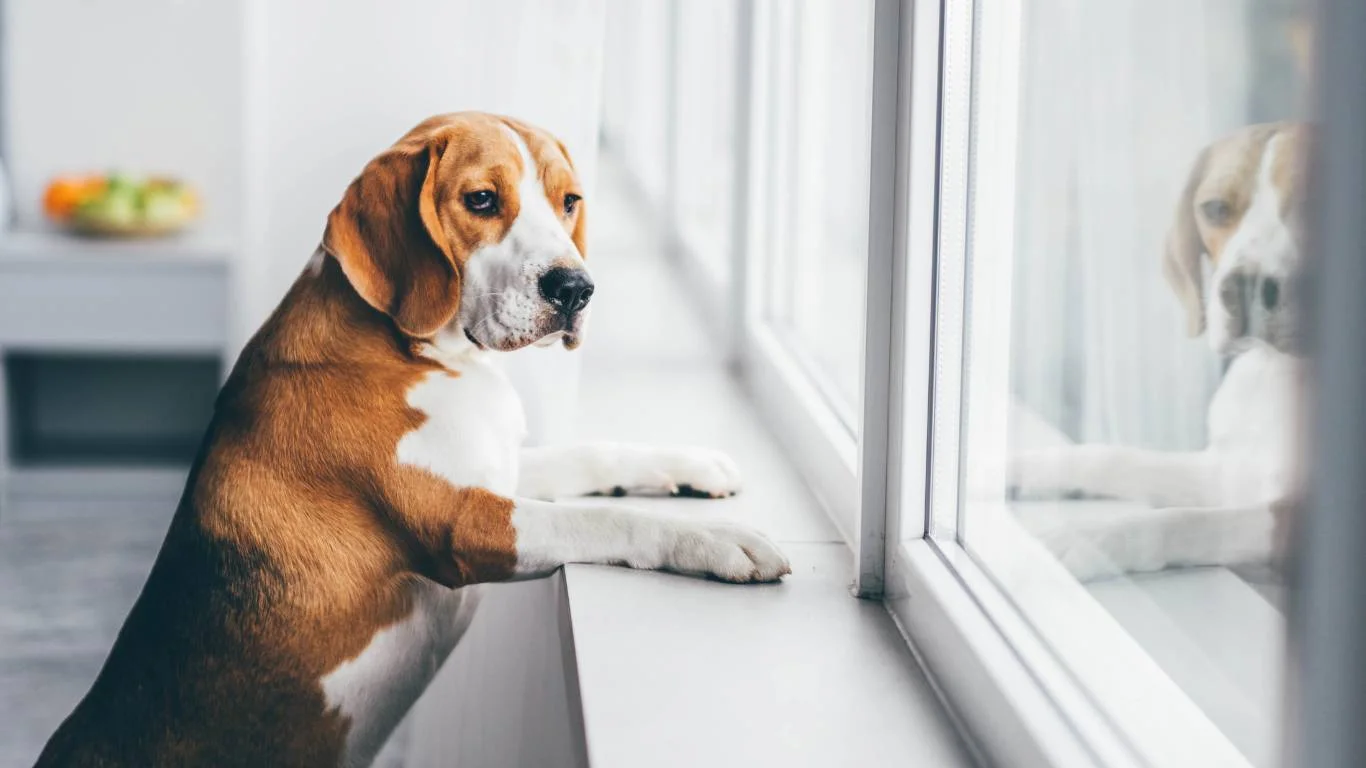
Common Causes of Yellow Bile Vomiting
Let’s dive into the most common reasons why your dog might be throwing up yellow bile:
- Empty Stomach: This is the most common cause of yellow bile vomiting. If your dog hasn’t eaten in a while, their stomach can start producing bile, which may then lead to vomiting.
- Gastritis: Inflammation of the stomach lining, known as gastritis, can trigger vomiting, including yellow bile. This can be caused by various factors such as a change in diet, food sensitivities, or infections.
- Acid Reflux: Sometimes, bile can flow back into the stomach from the small intestine, causing irritation and leading to vomiting. This is often related to a condition called acid reflux.
- Infections or Parasites: Gastrointestinal infections or parasites like worms can disrupt your dog’s digestive system, causing vomiting along with other symptoms like diarrhea and lethargy.
- Pancreatitis: Pancreatitis occurs when the pancreas becomes inflamed. This serious condition can cause vomiting along with other symptoms like abdominal pain, loss of appetite, and lethargy.
What Happens When Your Dog Vomits Yellow Bile?
So, what exactly is going on in your dog’s digestive system when they vomit yellow bile? It’s important to understand how your dog’s stomach and intestines interact to make sense of the issue.
When food enters the stomach, it’s broken down and sent into the small intestine for further digestion. If the stomach is empty, however, there’s no food to digest. This is where bile comes in. The liver produces bile, which is then stored in the gallbladder until it’s needed for digestion. When your dog’s stomach is empty, the bile can flow into the stomach, leading to vomiting.
In some cases, if your dog’s stomach remains empty for a longer period, they may vomit more frequently. This can lead to dehydration, so it’s important to keep an eye on your dog’s overall health and water intake if you notice this happening often.

When Should You Be Concerned About Vomiting Yellow Bile?
While vomiting yellow bile on occasion is generally not a major cause for concern, there are times when it’s important to seek veterinary attention. Here are some signs to look out for that indicate your dog might need professional care:
- Frequent Vomiting: If your dog is vomiting repeatedly, especially if they’re throwing up yellow bile multiple times in a day, it’s a sign that something might be off.
- Changes in Behavior: If your dog seems lethargic, refuses to eat or drink, or is acting unusually sluggish, this could be a sign of an underlying health problem.
- Blood in Vomit: If there’s any sign of blood in your dog’s vomit, this is a red flag. Blood can indicate serious conditions like ulcers or trauma and requires immediate veterinary attention.
- Diarrhea or Fever: When vomiting is accompanied by diarrhea or a fever, it could point to an infection or other serious conditions like pancreatitis.
- Weight Loss: If your dog is losing weight and showing signs of poor appetite, this may indicate a more chronic issue that needs to be addressed.
Can Diet Play a Role in Vomiting Yellow Bile?
Yes, absolutely! As a pet nutritionist, I’ve seen firsthand how diet can play a huge role in gastrointestinal health. If your dog is vomiting yellow bile frequently, it could be related to their food intake or eating habits. Dogs that skip meals or eat too quickly may experience digestive upset that leads to vomiting. Also, certain foods or ingredients in your dog’s diet could be irritating their stomach or causing an allergic reaction.
For example, dogs with sensitive stomachs or food allergies may struggle to process certain ingredients like beef, dairy, or grains. If your dog has recently switched foods, it’s a good idea to look at whether their new diet is causing digestive upset. Additionally, if your dog’s food is too rich or fatty, it can lead to nausea, vomiting, and even conditions like pancreatitis.
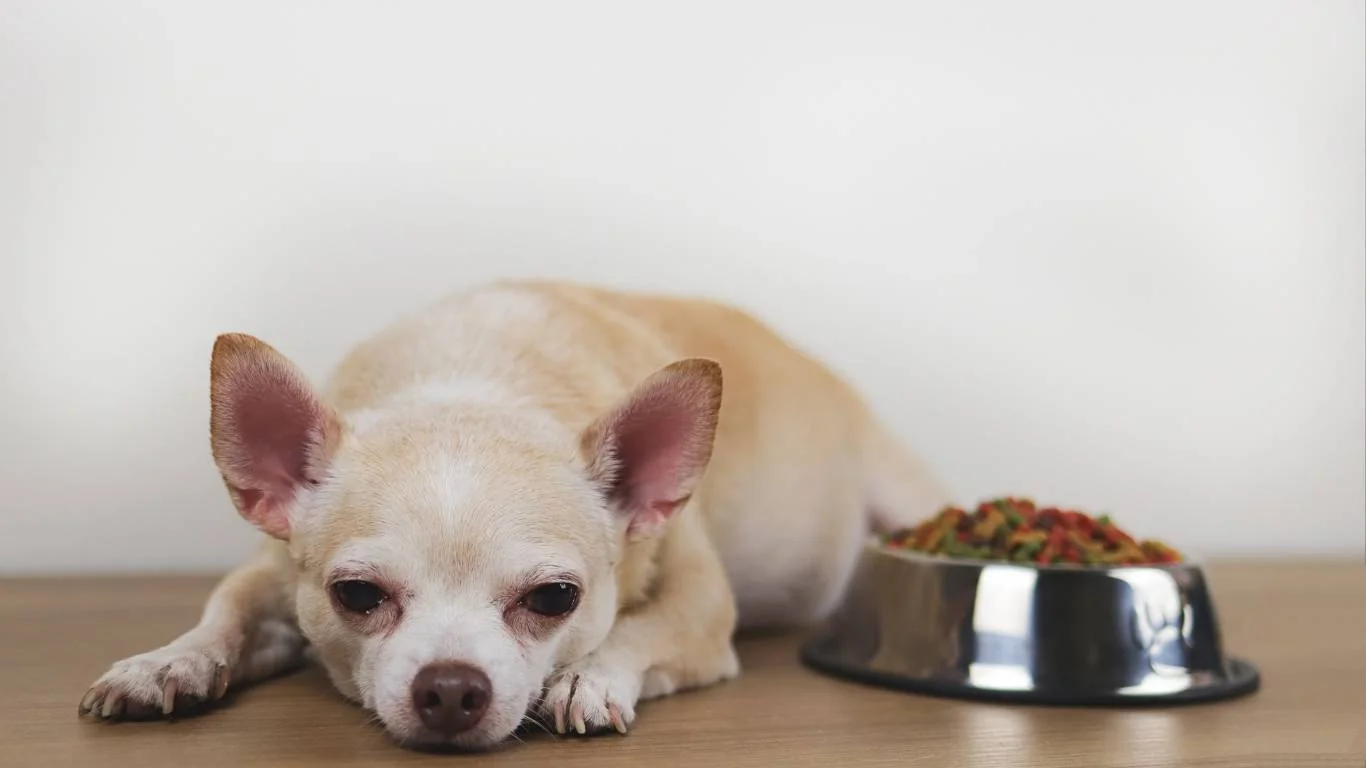
How to Help Your Dog with Vomiting Yellow Bile
If your dog is vomiting yellow bile, there are a few steps you can take to help alleviate the situation. Here’s what I recommend based on my experience as a pet care expert:
- Keep Their Stomach Full: To prevent vomiting bile, try to feed your dog smaller meals more frequently throughout the day. This can help ensure that their stomach is never completely empty.
- Provide Fresh Water: Dehydration is a common concern with vomiting, so always make sure your dog has access to fresh, clean water to stay hydrated.
- Gradual Diet Changes: If you suspect that your dog’s food is the culprit, try switching to a bland diet, like boiled chicken and rice, until their stomach settles. Be sure to transition slowly to avoid further digestive issues.
- Consult Your Veterinarian: If the vomiting persists, especially with other concerning symptoms, don’t hesitate to reach out to your vet. They can run tests to rule out infections, parasites, or other serious conditions.
In the next section, we’ll explore in greater detail the potential underlying health conditions that could be causing your dog to vomit yellow bile. Stay tuned!
Underlying Health Conditions That Cause Yellow Bile Vomiting in Dogs
While occasional vomiting of yellow bile might not be cause for immediate concern, it can sometimes indicate a more serious underlying issue. As a pet nutritionist and someone who has worked with many veterinarians over the years, I’ve seen how certain health conditions can lead to repeated vomiting of yellow bile. So, let’s explore these conditions more closely and what they mean for your dog’s health.

1. Pancreatitis: A Serious Concern
One of the more serious conditions that can lead to your dog vomiting yellow bile is pancreatitis. The pancreas, a small but important organ, helps with digestion by producing enzymes that break down food. When the pancreas becomes inflamed, it doesn’t function properly, which can lead to vomiting, including the presence of bile.
Pancreatitis can be caused by several factors, including a high-fat diet, obesity, or certain medications. If your dog has had pancreatitis before, they’re more likely to experience it again. Symptoms of pancreatitis in addition to vomiting may include abdominal pain, lethargy, a loss of appetite, and diarrhea. This condition can be life-threatening if not addressed promptly, so it’s important to consult with your veterinarian as soon as you notice these symptoms.
2. Gastric Dilatation-Volvulus (GDV): A Dangerous Emergency
Another severe health issue that can cause vomiting yellow bile is gastric dilatation-volvulus (GDV), commonly known as bloat. GDV occurs when a dog’s stomach fills with gas and twists, causing a dangerous blockage. This condition is more common in large breed dogs with deep chests, such as Great Danes or Dobermans.
Symptoms of GDV include bloating, restlessness, pacing, excessive drooling, and vomiting, often of yellow bile. GDV is a medical emergency and requires immediate veterinary intervention. If you ever notice any of these signs, get your dog to an emergency clinic as quickly as possible. Time is crucial in preventing severe complications and even death.
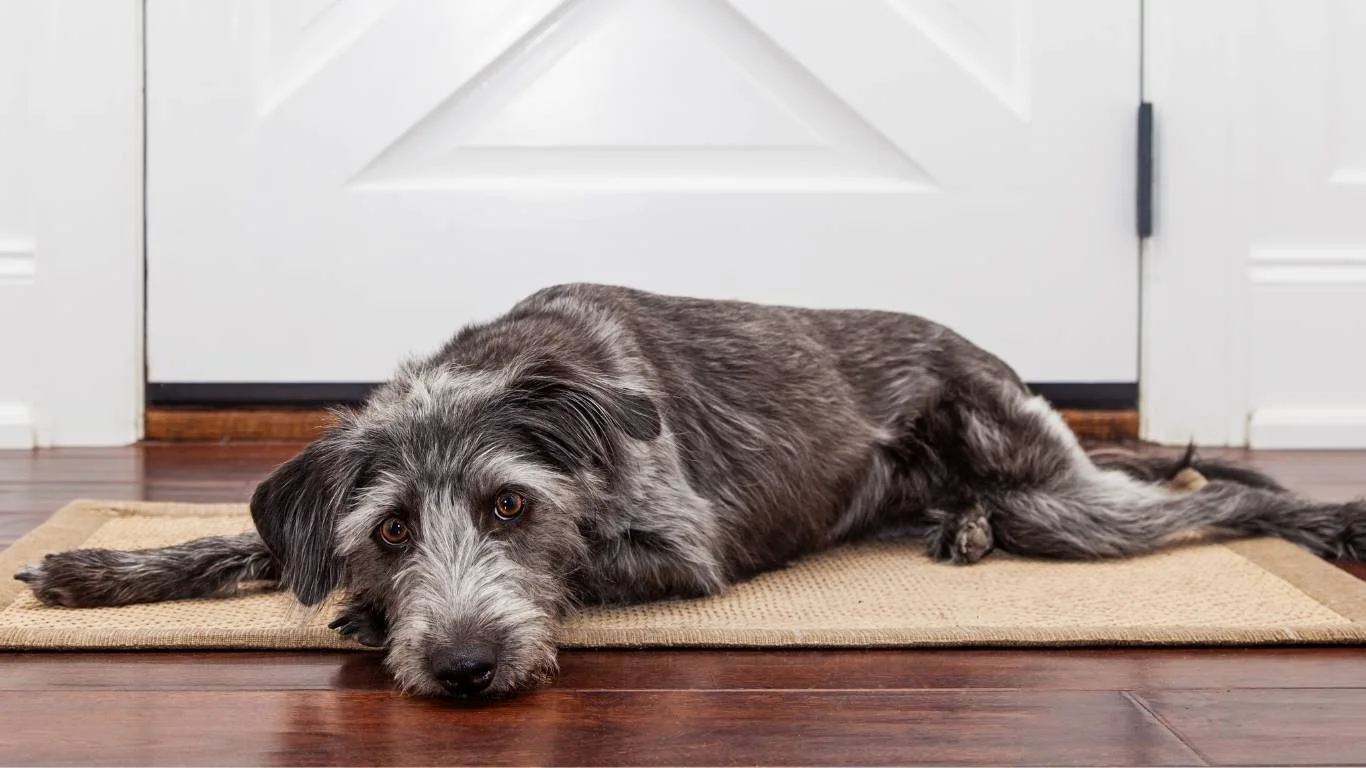
3. Inflammatory Bowel Disease (IBD)
Inflammatory Bowel Disease (IBD) is another condition that can cause chronic vomiting in dogs, including yellow bile. IBD occurs when the intestines become inflamed, disrupting normal digestion. While the exact cause of IBD is often unknown, it can be triggered by a variety of factors such as food allergies, infections, or an imbalance in the gut microbiota.
Dogs with IBD typically experience symptoms like vomiting, diarrhea, weight loss, and a decreased appetite. Since IBD is a chronic condition, managing it often involves dietary changes and medications. If your dog has frequent vomiting episodes, especially if you notice changes in their stool or behavior, it’s a good idea to get them checked by a vet to rule out IBD or other gastrointestinal disorders.
How Diet Affects Vomiting of Yellow Bile
As I’ve mentioned earlier, diet can play a crucial role in whether or not your dog is vomiting yellow bile. Dogs who eat too quickly or have a high-fat diet may be more prone to digestive issues that lead to bile production and vomiting. But diet isn’t just a simple matter of how much food your dog eats; it also involves what kind of food your dog is consuming.
In my experience, many pet owners unknowingly feed their dogs foods that can irritate their stomachs or cause food sensitivities. For example, certain protein sources or grains may not sit well with your dog’s digestive system, leading to vomiting and bile production. Additionally, poor-quality dog food with artificial preservatives or fillers can also cause gastrointestinal upset.

What You Can Do to Help Your Dog’s Digestive Health
So, how can you help manage your dog’s digestive health to reduce the chances of yellow bile vomiting? Here are some tips from both my personal experience and my professional background as a pet nutritionist:
- Choose a High-Quality Diet: Feed your dog a high-quality, balanced diet that is suitable for their age, size, and breed. Look for foods that use real, whole ingredients rather than fillers, and avoid artificial additives or preservatives.
- Smaller, More Frequent Meals: If your dog tends to vomit bile due to an empty stomach, try feeding them smaller meals more frequently throughout the day. This can help prevent their stomach from becoming too empty and producing excess bile.
- Slow Down Their Eating: Dogs that eat too quickly are more prone to digestive issues. You can invest in a slow feeder bowl or try spreading their food out on a flat surface to encourage them to eat more slowly.
- Avoid Table Scraps: While it’s tempting to share your meals with your dog, many human foods can be difficult for dogs to digest and can upset their stomachs. Stick to a proper dog food diet and avoid feeding them fatty, spicy, or rich foods.
- Introduce New Foods Gradually: If you’re switching your dog’s food, do it gradually over a period of 7-10 days. Sudden diet changes can cause stomach upset and vomiting. A gradual transition helps their digestive system adjust.
When to Seek Veterinary Help
If your dog’s vomiting continues, or if they display any of the other concerning symptoms I mentioned earlier (such as lethargy, diarrhea, or loss of appetite), it’s crucial to consult your veterinarian. A professional can run diagnostic tests to identify the root cause of the vomiting and recommend the appropriate treatment.
Depending on the cause of the vomiting, your vet may suggest treatments ranging from dietary changes and medications to more intensive interventions like surgery. The important thing is not to ignore persistent vomiting, as it can be a sign of something serious that needs prompt attention.
As someone who has seen dogs suffer from undiagnosed gastrointestinal conditions, I can’t emphasize enough how important it is to listen to your dog’s body and trust your instincts as a pet owner. If you feel like something’s not right, don’t hesitate to reach out to a vet. Your dog relies on you to be their advocate, and the sooner you address their health issues, the better their chances of recovery.
How to Prevent Your Dog from Vomiting Yellow Bile
Now that we’ve covered the common causes and health conditions that lead to vomiting yellow bile in dogs, let’s talk about prevention. As a pet nutritionist, one of the most important parts of my job is helping pet owners understand how to proactively care for their dogs’ digestive health. Keeping your dog’s stomach in balance and minimizing the risk of vomiting requires a combination of proper diet, healthy habits, and regular veterinary check-ups. Here are some practical steps to help prevent your dog from vomiting yellow bile:
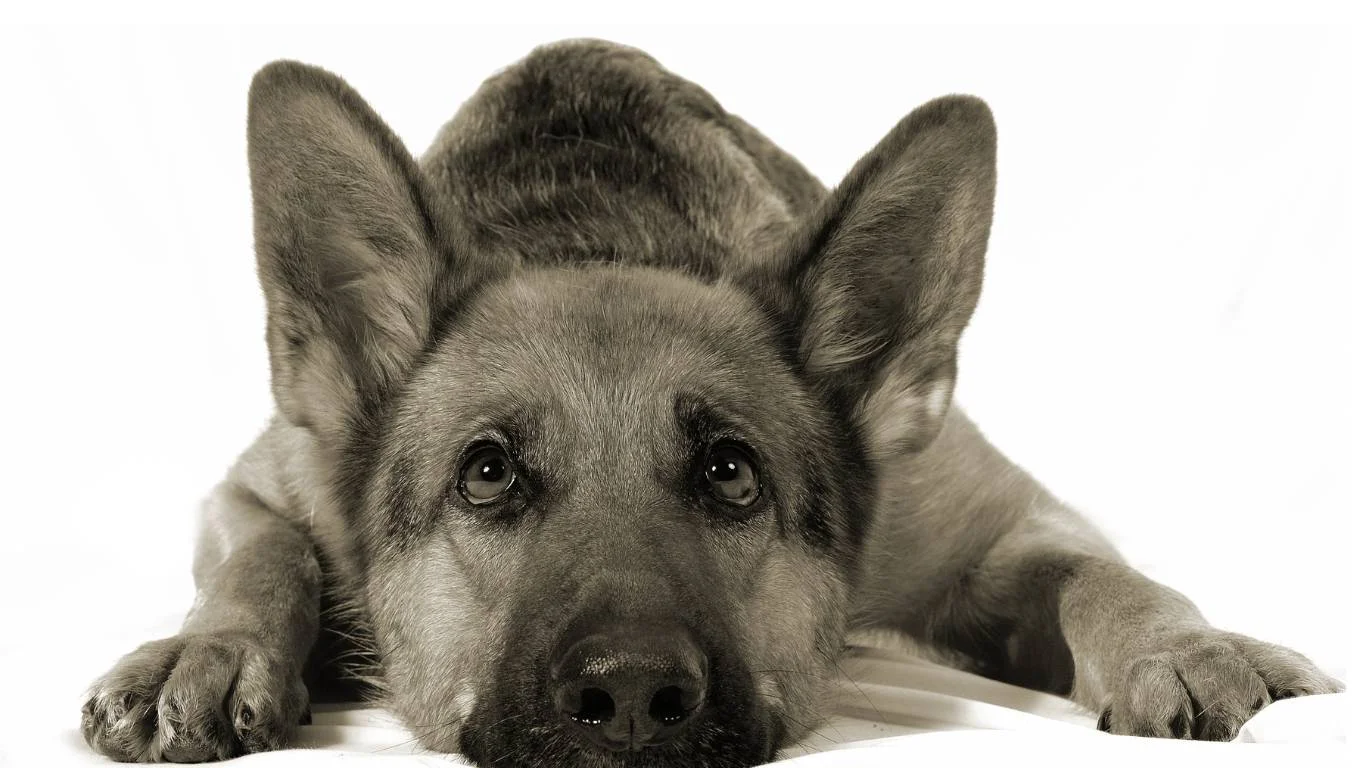
1. Establish a Consistent Feeding Schedule
One of the simplest yet most effective ways to prevent vomiting yellow bile is by maintaining a consistent feeding schedule. Dogs, especially those prone to bile vomiting, benefit from eating at regular intervals throughout the day. Skipping meals or allowing too much time to pass between meals can lead to an empty stomach, which increases the chances of bile buildup and vomiting.
Try feeding your dog smaller, more frequent meals rather than one or two large meals per day. This ensures their stomach doesn’t stay empty for long periods. It also helps prevent them from eating too quickly, which is another common cause of digestive upset.
2. Monitor Their Food Intake and Quality
The food your dog eats plays a huge role in their digestive health. If your dog has a sensitive stomach or is prone to vomiting, you might want to consider switching to a more easily digestible diet. Foods that are high in fiber and low in fat can help promote healthy digestion and reduce the risk of bile vomiting.
Make sure the food you’re providing is high-quality, free from artificial additives, and designed specifically for your dog’s breed, age, and health needs. I always recommend talking to your vet or a certified pet nutritionist before making any major changes to your dog’s diet, as they can provide personalized recommendations based on your dog’s unique requirements.

3. Avoid Stress and Anxiety
Just like humans, dogs can experience gastrointestinal upset due to stress and anxiety. Have you ever noticed your dog acting a bit off after a trip to the vet or during loud thunderstorms? Stress can trigger a range of issues, including vomiting, diarrhea, and other digestive problems. In some cases, stress can lead to your dog vomiting yellow bile.
To help minimize stress, try to keep your dog’s routine consistent, provide a calm and quiet environment, and avoid any sudden changes that might cause anxiety. If your dog is prone to stress-induced vomiting, consider discussing anxiety-reducing options with your vet. This could include calming aids or behavior modifications like training and desensitization exercises.
What to Do If Your Dog Continues to Vomit Yellow Bile
While occasional vomiting of yellow bile can be normal, persistent or frequent vomiting warrants attention. As a pet care expert, I can’t stress enough how important it is to monitor your dog’s overall health and behavior. If you’ve tried the preventive steps we’ve discussed, and your dog continues to vomit yellow bile, it’s time to reach out to your veterinarian.
Here’s what you should do:
- Keep Track of Symptoms: Document how often your dog is vomiting, any other symptoms they might be showing (like diarrhea, lethargy, or a loss of appetite), and any changes in their behavior or environment. This will give your vet a clearer picture of what’s going on.
- Schedule a Vet Visit: If vomiting persists or becomes more frequent, make an appointment with your vet. They’ll perform a thorough physical exam and may recommend diagnostic tests, such as blood work, X-rays, or ultrasounds, to identify the root cause of the vomiting.
- Follow Your Vet’s Advice: Once a diagnosis is made, your veterinarian will guide you on the best course of action. This may involve dietary changes, medications, or in more serious cases, surgical intervention.
Is Your Dog Eating the Right Amount?
Sometimes, vomiting yellow bile can be linked to your dog’s eating habits. If your dog is eating too little or too much, this can upset their digestive system and lead to vomiting. Make sure you’re feeding your dog the recommended amount based on their weight, age, and activity level.
If your dog is a little too eager at mealtime or tends to gulp their food too quickly, it could lead to vomiting. Using a slow feeder bowl can help your dog take their time and reduce the chances of digestive upset.
References & Resources
If you want to learn more about dog health and how to care for your furry companion’s digestive system, I highly recommend checking out these resources:
- PawPatron – Dog Health & Nutrition
- American Kennel Club – Vomiting Yellow Bile
- VetStreet – Understanding Vomiting in Dogs
Disclaimer
While this article provides general information about dog health and vomiting, it’s important to remember that every dog is unique. The advice shared here is based on my experience as a pet nutritionist and pet care expert, but it should not replace professional veterinary advice. Always consult your vet for specific health concerns and before making any changes to your dog’s diet or routine.
Ultimately, your dog’s health and well-being depend on a combination of proper nutrition, regular veterinary care, and a good understanding of their unique needs. By paying attention to their behavior and being proactive about their care, you can help ensure they live a long, healthy life free from digestive problems.
